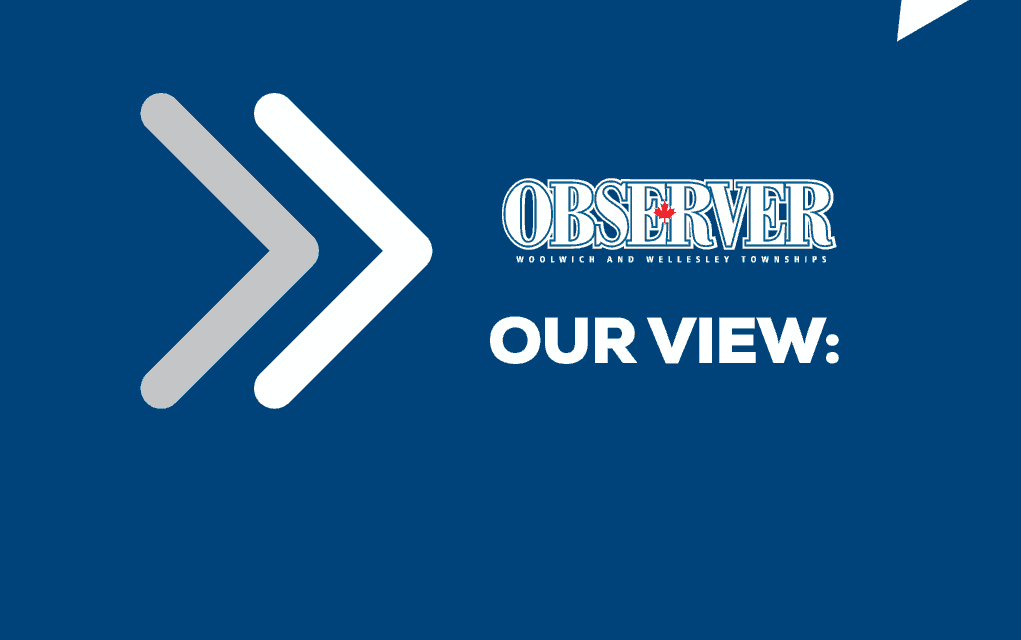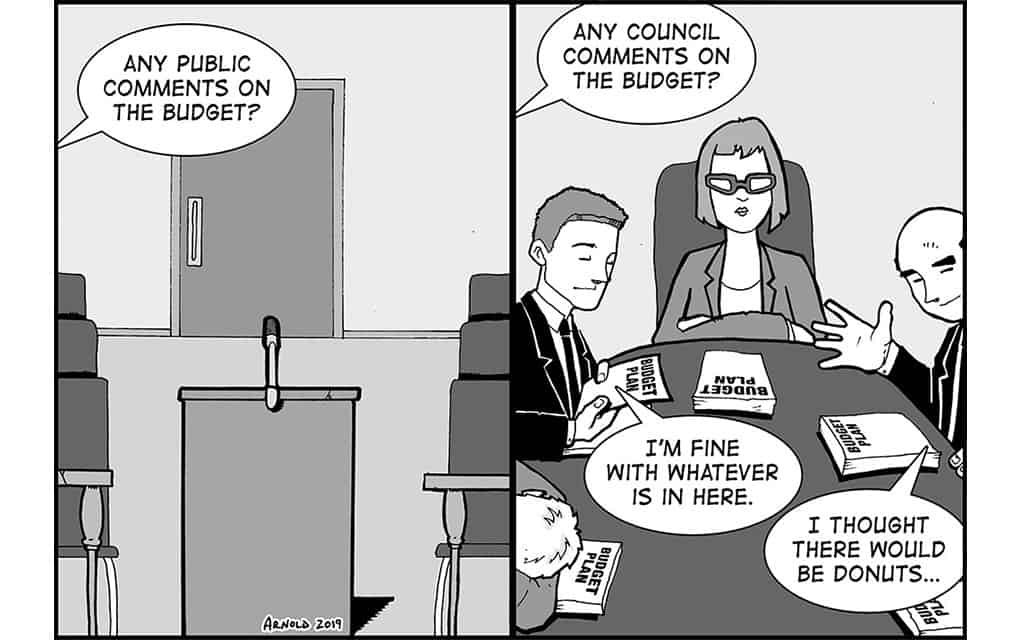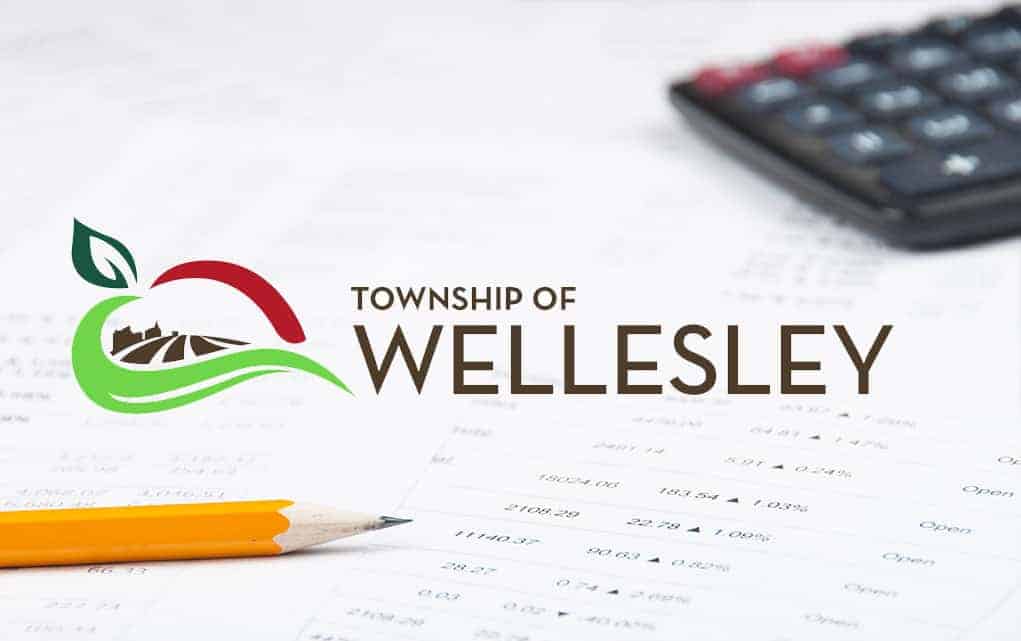It’s budget time for all the area municipal budgets, with tax increases a given – only the size of the hike remains to be finalized.
Woolwich is looking at 3.75 per cent, while Wellesley at 2.8. The region started the process at about four per cent. The dollar figures vary, of course, as the region puts a much larger bite on taxpayers – about 55 per cent of the tax bill goes to the upper tier. Nor is the situation equal, as Wellesley has a much smaller tax base and lower assessment growth, the latter a source of significant revenue in boomier times in Woolwich and the region, though not a boon shared by residents, as a rule.
Where Wellesley’s small budget and budget-minded council makes the process fairly transparent, Woolwich and the region seem unable to explain why they need to help themselves to ever-larger sums of our money – the miracle of compounding no longer works at the banks given the pittance they dole out, but functions all too well against us as politicians pad their budgets.
Those who hike our taxes are always fond of pointing out the dollar value of the increase – so Waterloo Region’s four per cent works out to “only” about $80 a year to the average homeowner. In that vein, Woolwich’s 3.75 per cent means “only” another $32.
Similar arguments are made by providers of hydro, gas, telephone, cable … and the list goes on.
Taken alone, yes each increase is relatively insignificant – most of us can find a few dollars more here or there. However, cumulatively, we’re talking real dollars as everybody, not just governments, looks to take just a little more from us. At the end of the day, we have less money in our pockets than we did last year because most of us have not received wage increases to match the other side of the balance sheet.
That’s where percentages come into play – three per cent here, four per cent there, another 2.5 on that front, and it doesn’t take long to outstrip any pay raise you may have seen, assuming, of course, you saw one any time recently.
For voluntary expenditures, we can always cut back if the costs grow too steeply. With taxes, unfortunately, we have no such option. In most cases, we’re not receiving benefits in proportion to the increased tax burden.
And the compounding nature of tax increases means we’re spending hundreds and thousands more over the course of a decade, with ever-larger increases coming each year due to larger baselines.
Rather than the routine starting point of inflationary increases, far better would be to assume an increase of zero, or even cutbacks, forcing a line-by-line decision for every expenditure. That’s especially true in Woolwich, which has enjoyed years of assessment growth not seen in Wellesley. As with the region, much of that growth got sucked into the black hole of staff increases, higher wages and pet projects that provide zero benefit to the public.
This is not a call for slashing. Rather, we need to recognize there are limits. As with all growth models, increases in government programs, staffing and tax levels are not sustainable – compounding taxes are outstripping our ability to pay them.
Government provides a host of benefits, but at a cost. At this point, we need to make a choice about what stays and what goes. Such debates are the role of council, though we’ve not seen that in Woolwich thus far.









